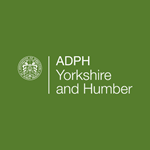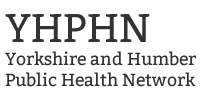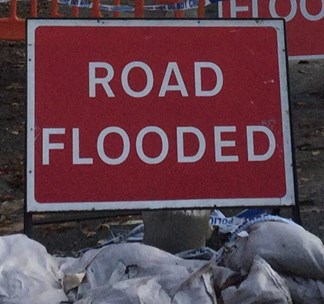
Flooding in the YHADPH region
21 January 2020
On the 7th and 8th November 2019 a month’s rainfall fell in 24 hours causing widespread flooding and disruption across the north of England and the midlands.
In the flat expanse of Doncaster alone the rivers Don, Went and Idle all flooded with over 1,000 homes and business asked to evacuate due to the immediate risk of life. Blue light services swung into action with police and fire services calling in mutual aid from across the country, in time military aid would also be needed.
Supporting this initial response were the Environment Agency and the local drainage boards. Underpinning them all was the local authority, the 4th emergency service despite what the AA say.
Public health teams and professionals were involved in all aspects of the response and are part of the ongoing recovery activities. They performed roles that included logging calls from the public or partner agencies, chairing emergency response meetings, coordinating with health partners, assessing the potential future impacts on health scenarios, or working in communities and all of these roles were underpinned by ‘relentless kindness’.
As local communities continue to recover there will be more for public health teams to do including helping shape medium and longer term recovery actions, aligning community development approaches, monitoring health impacts, and perhaps most importantly preparing for and trying to mitigate future extreme weather events.
Yorkshire and the Humber has had more than its fair share of extreme weather events with Sheffield, Rotherham, Hull, Calderdale and York all experiencing a number of 1 in 100 year events in the last 10 years.
These extreme weather events linked to climate change are becoming more frequent and more severe and whilst emergency response is always important longer term adaptation and mitigation is required. How might public health professionals and staff get involved in that?
The impact of climate change is real and our window to act is closing.
For me there are 3 key ways that we might get involved; First we must continue to be trained for and be prepared to respond in an emergency. Putting our shoulders to the wheel and being part of our local emergency response teams is important. Secondly, as flooding is high on the national risk register we should ensure that we are involved in preparing for future events contributing to local flood planning and mitigation’s.
Thirdly, and perhaps most importantly, we must act on climate change.
Rupert Suckling is the Director of Public Health at Doncaster Council

